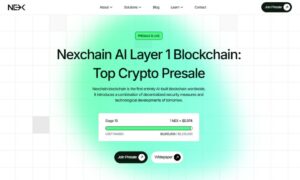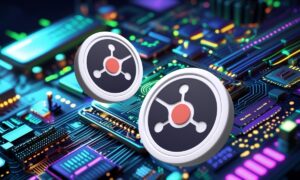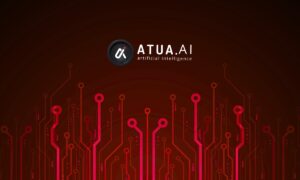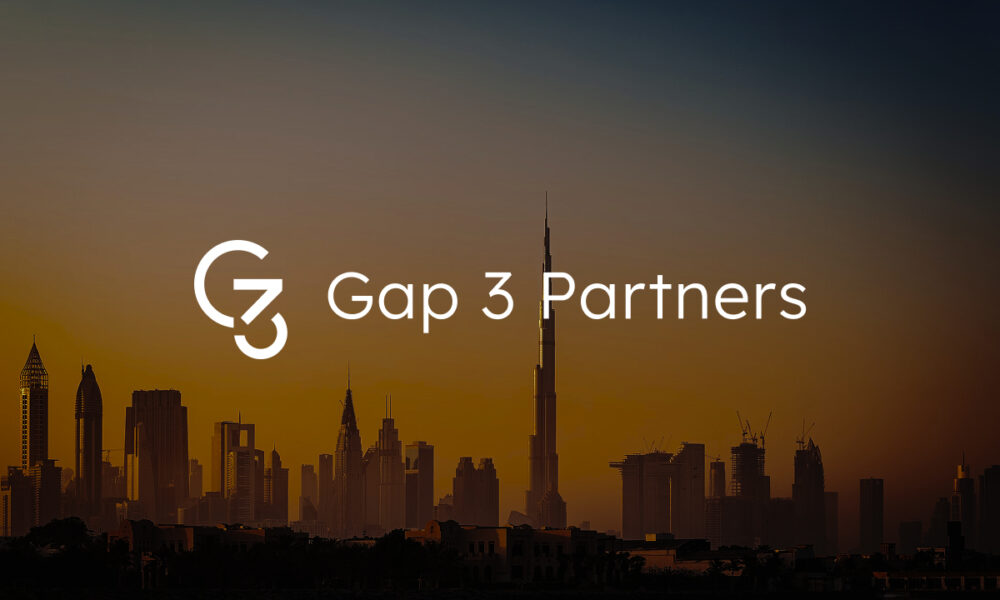The role of AI in education has evolved beyond simple automation—it’s now at the heart of personalized learning experiences, helping students study smarter and engage more effectively with their academic materials. In an era where AI tools are revolutionizing multiple industries, education is no exception. Platforms like Unstuck AI, developed by Quizard AI, empower students by structuring study sessions, organizing their academic resources, and breaking down complex topics into manageable steps—ensuring deeper understanding rather than passive information consumption.
Few companies have made as significant an impact as Quizard AI, a rapidly growing AI-powered homework assistant that has already served nearly 4 million users and completed over 70 million on-demand tutoring sessions. As AI-driven learning tools continue to reshape education, platforms like Unstuck AI are also emerging to help students overcome learning roadblocks with instant, personalized academic support.
With AI-powered study assistants becoming more accessible, the education landscape is rapidly evolving, offering students tools that adapt to their individual learning needs by helping them understand concepts faster, improve retention, and develop critical thinking skills without relying solely on classroom instruction.
At the helm of this transformation are Achraf Golli, Co-Founder and Chief Product Officer, and Sidhant Bendre, Co-Founder and Chief Technology Officer. Both Forbes 30 Under 30 honorees have pioneered AI-driven study tools that blend engagement, efficiency, and personalization—without compromising academic integrity.
We sat down with Golli and Bendre to discuss Quizard’s rapid growth, the challenges of integrating AI into education, and their vision for the future of AI-powered learning.
Mr. Golli and Mr. Bendre, thank you for joining us today. AI-powered tools have seen massive adoption across industries, but education still faces skepticism. What makes Quizard different?
Achraf Golli: Great to be here. AI has been a part of education for years, especially with LLMs transforming personalized learning and tutoring. However, skepticism still exists—particularly around whether AI enhances or replaces learning. We built Quizard AI to work alongside students, guiding them through problem-solving rather than simply providing answers. Our goal is to make learning more engaging, interactive, and effective, ensuring AI serves as a tool for deeper understanding rather than just convenience.
A key part of this is our AI’s transparency. Instead of guessing when it’s uncertain, it provides trusted sources, contextual hints, and references so students can cross-check their work. We want Quizard to feel less like a black box and more like a collaborative tutor.
Sidhant Bendre: Good to be here too, and I agree with Achraf. The biggest hurdle in AI education tools is trust. There’s a stigma that AI-powered study assistants are just glorified answer generators. That’s why we put so much effort into making Quizard and Unstuck AI platforms that encourage active learning rather than passive consumption.
For example, our latest feature, Unstuck AI, was designed specifically to help students structure their study sessions and integrate all their academic materials—not just solve individual questions. The platform allows students to upload class notes, textbooks, worksheets, and even handwritten problems, providing a comprehensive, AI-driven study plan tailored to their learning style. It’s all about breaking down complex topics into manageable steps. That’s the real power of AI in education, which is, helping students engage with their materials, not just consume information passively.
You speak about how students are embracing AI faster than ever, but it is also the case that schools and universities seem more cautious. What do you think is holding institutions back, and how can they approach AI integration in a way that benefits everyone?
Sidhant Bendre: I think. schools and universities shouldn’t fear AI—they should learn how to integrate it responsibly. Right now, many institutions view AI as a threat to academic integrity, but that’s because they haven’t had the opportunity to shape how it’s used in the classroom.
I always recommend that rather than banning AI outright, institutions should focus on AI literacy—teaching students how to use these tools effectively instead of avoiding them. AI isn’t going anywhere, and the sooner we train students on ethical AI use, the better prepared they’ll be for the workforce.
Achraf Golli: Yes, that is a pattern we see all the time. We believe collaboration between AI companies and educational institutions is key. Universities and startups like ours should be working together to develop frameworks that balance innovation and academic standards.
Take the GSV Cup 50, for example—one of the biggest global competitions for edtech startups. We are happy to share that we were selected as a recipient but more importantly, it’s focused on helping to bridge the gap by showcasing how AI can be a force for good in education. Winning that award was validation for us—showing that Quizard is solving real problems in education, not creating them.
Looking forward, where do you see AI taking education in the next five years?
Achraf Golli: That’s an interesting question. Something that we think about constantly. The future of education isn’t just digital—it’s personalized. Imagine an AI-powered system that doesn’t just help students with homework but understands their learning style, adapts to their strengths and weaknesses, and evolves with them.
We’re already moving in that direction. AI can track a student’s progress over time, helping educators provide more targeted support. Instead of relying on outdated, one-size-fits-all testing methods, we can use continuous assessment models that measure real progress.
Sidhant Bendre: I agree with Achraf, and to add – another huge shift is coming from AI-powered knowledge organizations. Right now, students juggle lecture notes, textbooks, slides, and online resources—and it’s overwhelming.
With Unstuck AI, we can create an all-in-one workspace where students organize, and review their study materials seamlessly. Imagine a platform that automatically categorizes notes, highlights key concepts, and even generates personalized study plans—that’s where we’re headed.
And it’s not just about students—teachers will benefit too. AI can automate grading, track class performance, and even suggest personalized teaching strategies based on student data. The goal is to enhance education for everyone, not just students.
What excites you most about AI’s potential in education?
Achraf Golli: I think, the ability to make high-quality education accessible to everyone. Right now, tutoring is a privilege—it’s expensive, time-consuming, and limited to those who can afford it. AI can bridge that gap by offering personalized learning experiences at scale.
Sidhant Bendre: I think it is two words. Global Impact. As someone who’s studied in India, Nigeria, and the U.S., I’ve seen how unequal access to education can be. AI has the potential to level the playing field—helping students anywhere in the world learn from the same high-quality resources.
We’re just scratching the surface of what AI can do for education. The challenge now is making sure we use it responsibly, so it actually helps students learn better—not just faster.
Thank you for your time, Mr. Golli and Mr. Bendre.
Thank you—it’s been a pleasure.
The AI-powered learning revolution is here, and Quizard AI is at the forefront. Achraf Golli and Sidhant Bendre have built a platform that is transforming education while gaining widespread recognition. Their contributions extend beyond Quizard’s growth, with Bendre being featured on the Foreign Founders Podcast to discuss the role of AI in reshaping learning accessibility.
Golli, an innovator in edtech, has also shared his expertise through thought leadership pieces, including a published article on Forbes Technology Council, where he discusses the evolution of AI-driven education and the challenges of scaling in edtech. Meanwhile, Bendre’s research on AI-driven predictive modeling was featured in IEEE, where he developed dynamic risk assessment models for environmental hazards, showcasing AI’s potential in data-driven decision-making and real-time analysis.
As AI continues to redefine learning, Quizard AI’s impact goes beyond just technology—it’s influencing the conversation on the future of education itself.





























